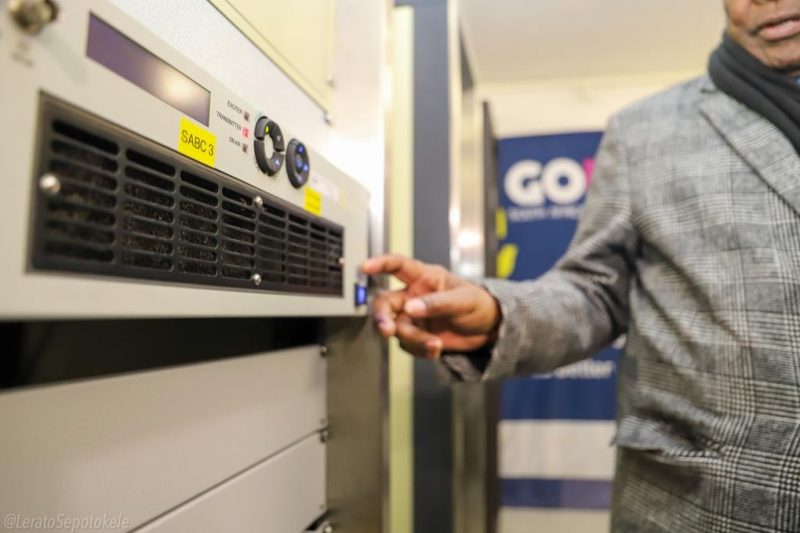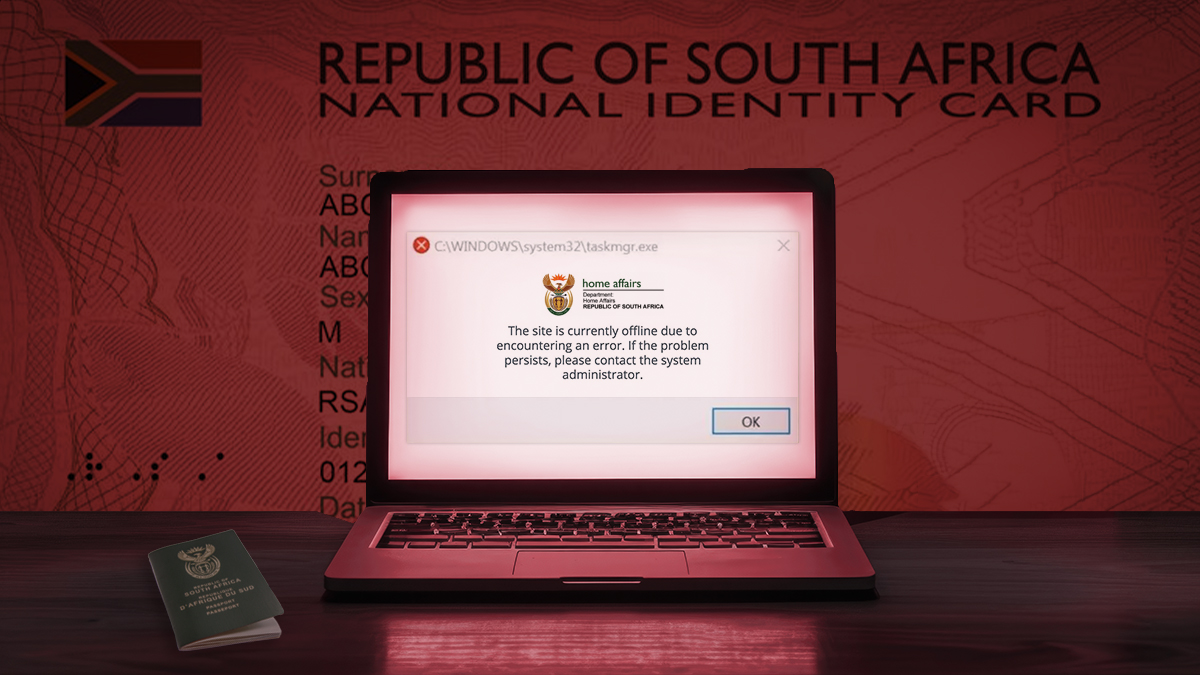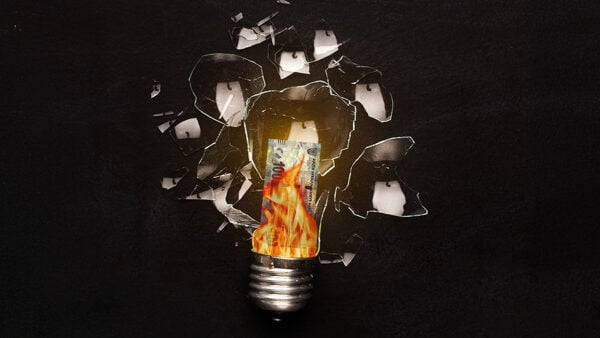Big announcement about TV signals in South Africa

The Pretoria High Court has suspended the analogue TV switch-off deadline of 31 March 2025 and interdicted communications minister Solly Malatsi from taking any further steps to finalise the switch-off and end dual illumination.
It has also interdicted state signal distributor Sentech from switching off analogue signals. This comes from eMedia and organisations like Media Monitoring Africa and the SOS Coalition’s legal bid to block the switch-off.
“The operation of the final analogue switch-off date of 31 March 2025, as announced by the Minister of Communications and Digital Technologies on 5 December 2024, is suspended,” the judgement reads.
“The Minister of Communications and Digital Technologies is interdicted from taking any steps to implement the switch-off of analogue signals and ending dual illumination.”
The applicants argued that many indigent households would be left without access to critical information once the signals are switched off and that the minister didn’t sufficiently consult stakeholders when setting the 31 March 2025 deadline.
In his judgement, Judge Selby Baqwa wrote that the public will suffer severe consequences if analogue TV signals were switched off on 31 March.
“The minister admits this in his answering affidavit that if the analogue transmitters cease operating, the ‘whole republic’ will suffer prejudice,” wrote Baqwa.
“Despite this acceptance he suggests that all currently registered households will receive an STB by 31 December 2025 some nine months after the analogue switch-off date.”
“The harm is not just a temporary inconvenience. Each day without access to news, public service announcements, and educational programming results in irreversible loss of knowledge, awareness, and democratic participation,” he added.
Presenting its defence, Malatsi’s legal team lead advocate Kennedy Tsatsawane accused eMedia of fighting to protect its commercial rights.
“E-tv is not necessarily litigating this case to protect the interests of the poor. It is litigating in its application to protect its own commercial interests,” said Tsatsawane.
He argued that broadcasters and Sentech arranged to broadcast a message to TV sets nationwide, informing them of the analogue switch-off. However, he raised questions over eMedia’s message.
“The message which E-tv requested Sentech to broadcast through all television sets said E-tv analogue service will not be available in your area,” said Tsatsawane.
“Then it said: to continue enjoying your favourite TV shows and get many more entertaining channels, get an Openview decoder from a retailer near you.”
While the state has sponsored set-top boxes for indigent households, the Openview decoder is specific to eMedia’s satellite TV service and comes at a cost.
“There’s absolutely no explanation for it and that is why we say it is about their own commercial interests more than the poorest of the poor,” added Tsatsawane.
He questioned why the broadcaster didn’t provide further instructions for viewers who could not afford the Openview decoder.
However, Judge Baqwa disagreed but acknowledged that eMedia would suffer financial harm.
“E-tv will suffer financial harm due to the fact that a third of E-tv viewers rely on analogue broadcasting,” he wrote.
“I do not for that reason accept that E-tv has brought this application merely in pursuant of its commercial interests.”
Another aspect of Malatsi’s legal case was the cost of dual illumination or the practice of maintaining both analogue and digital TV signals simultaneously.
Dual illumination has cost more than R1.2 billion since 2014, and Malatsi said the government can no longer afford to support it.
Malatsi explained that this was one of the major considerations when setting the 31 March 2025 deadline.
“We took the decision taking into consideration two crucial factors. One is this project has been long-standing for some time, dating as far back as 2014,” the minister said.
“In addition to that, there is a financial cost to maintaining both analogue and digital signals, which in technical terms is called dual illumination.”
“The cost of that dual illumination since 2014 has been over R1.2 billion, and increasingly, the state does not have sufficient revenue to continue maintaining the signals,” he added.
































